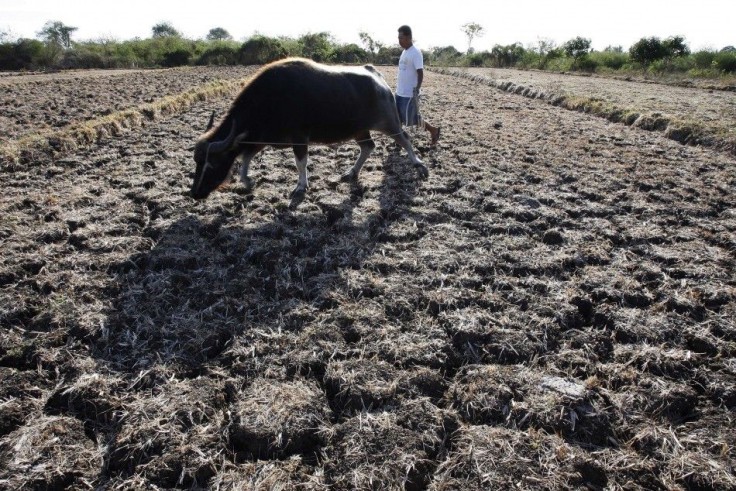El Niño Civil War Study Ignites Debate

A new study linking civil strife to El Niño has research scientists debating over the true impact of the weather phenomenon.
The study, from Columbia University's Earth Institute, states 20 percent of all civil wars can be linked to the heat caused from El Niño. While research has previously associated heat with the downfall of civilizations through droughts and other ways, this is the first study to state it has caused civil war.
El Niño-Southern Oscillation (ENSO) is a weather cycle that happens every three to seven years. During it, there's a periodic warming and cooling of the tropical Pacific Ocean. This cooling effects weather across various regions of the world including Africa, the Mideast, India, southeast Asia, Australia, and the Americas.
The researchers, led by Solomon M. Hsiang, lead author and a graduate of the Earth Institute, used information from 1950 to 2004 and said each year there was an El Niño it correlated with break out of 235 civil conflicts in 175 countries that killed more than 25 people in a given year. Over half of these conflicts had 1,000 battle-related deaths. During the La Niña, or colder part, the chance of civil wars breaking out was only three percent.
The most important thing is that this looks at modern times, and it's done on a global scale, said Hsiang in a statement. We can speculate that a long-ago Egyptian dynasty was overthrown during a drought.
That's a specific time and place, that may be very different from today, so people might say, 'OK, we're immune to that now.' This study shows a systematic pattern of global climate affecting conflict, and shows it right now.
However, not everyone is on the same page when it comes to this study. Halvard Buhaug, a political scientist with the Peace Research Institute Oslo in Norway studies the issue and said this theory is mere speculation.
The study fails to improve on our understanding of the causes of armed conflicts, as it makes no attempt to explain the reported association between ENSO cycles and conflict risk. Correlation without explanation can only lead to speculation. Buhaug said.
The study's authors do cite other factors as possible reasons for civil strife and admit the heat from El Niño is just one factor. They said it's also important to consider social inequality, poverty and underlying tension. However, they said heat from El Niño could be the proverbial straw that breaks the camel's back.
© Copyright IBTimes 2024. All rights reserved.











